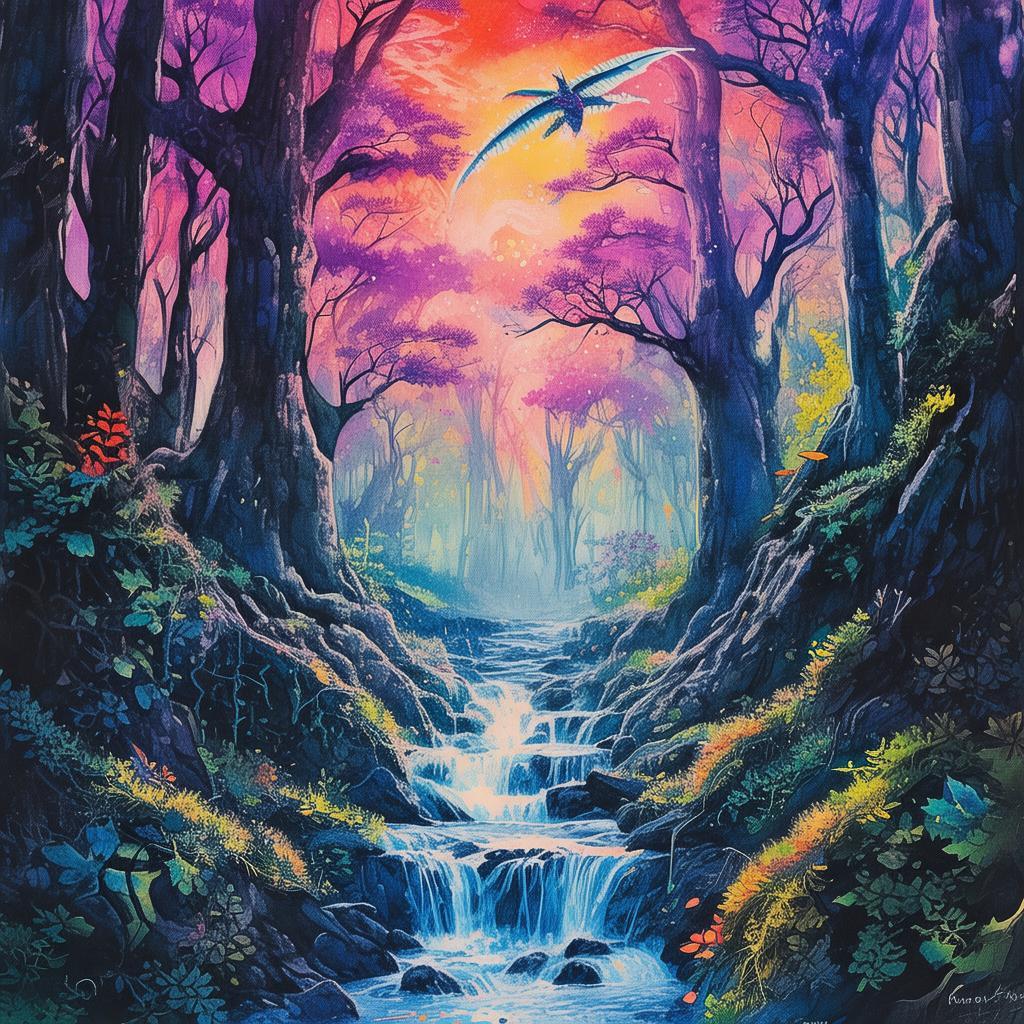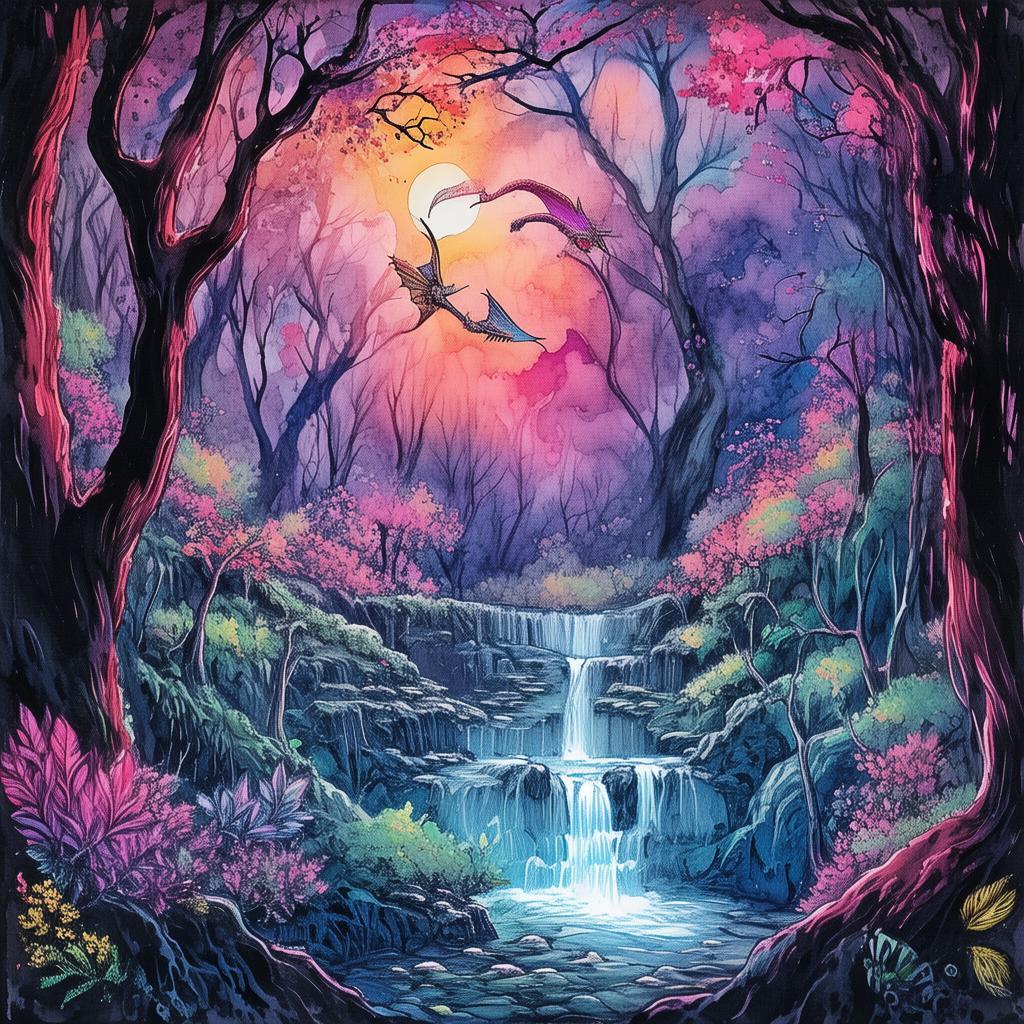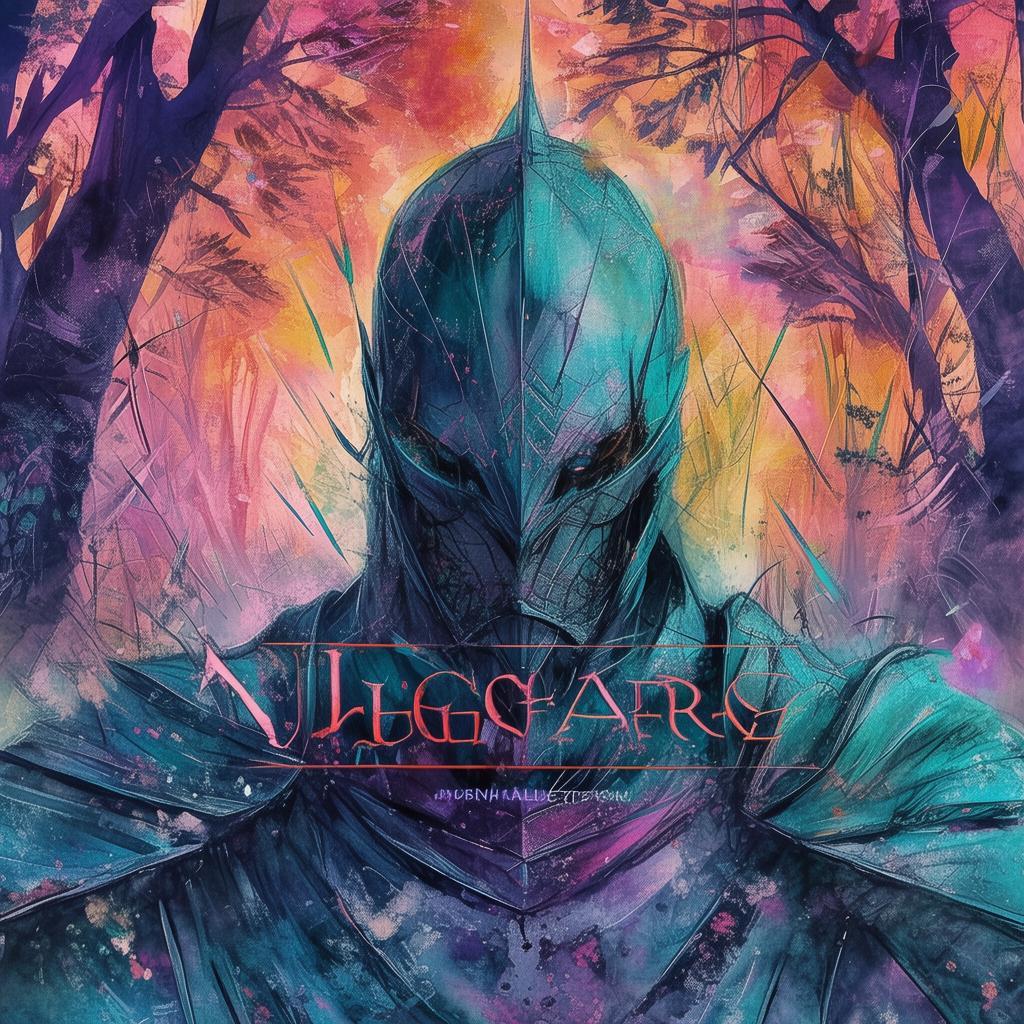The Last Breath of the Feng Shui Master
In the ancient village of Lushan, nestled between rolling hills and a winding river, there stood an ancient pagoda that whispered secrets of old. The villagers spoke in hushed tones of the Feng Shui master who had once lived there, a man whose wisdom and power were as vast as the mountains that surrounded him. His name was Li, and his legacy was as mysterious as it was revered.
The tale began in the late 19th century, when Li, a master of the ancient art of Feng Shui, had chosen Lushan as his final resting place. His death had been as sudden as it was mysterious, and his body had been found in a state of rigor mortis, yet untouched by any external force. The villagers were convinced that Li had not died, but rather, had chosen to reincarnate, his spirit bound to the very land he had so carefully cultivated.
Years passed, and the village flourished under the auspices of the master's teachings. It was said that the villagers had prospered, their crops grew bountifully, and their children were healthy and strong. But with prosperity came greed, and as the 20th century dawned, a new generation of villagers began to forget the lessons of the past.
One such villager was Mei, a young woman with a heart as pure as the mountain streams. She was born and raised in Lushan, and her entire life had been steeped in the traditions of the Feng Shui master. Mei was the last of her line, and it was believed that she carried the master's blood in her veins, destined to be the one to restore the balance of the village.
Mei's journey began with a strange vision, a dream where she saw herself as a young girl, standing in the ancient pagoda, holding a book filled with ancient symbols and cryptic messages. The dream haunted her, and she could not shake the feeling that she was meant for something greater than the life of a simple villager.
As Mei grew older, she became increasingly fascinated with the village's history and the legend of the Feng Shui master. She began to study the master's teachings, and soon, she discovered that the ancient symbols in her dream were part of a complex system of Feng Shui that had been forgotten by the village.
One day, while exploring the mountains near the pagoda, Mei stumbled upon a hidden cave. Inside, she found the remnants of an ancient temple, its walls adorned with the same symbols she had seen in her dreams. As she delved deeper into the temple, she discovered a hidden chamber, within which lay a crystal amulet that glowed with an otherworldly light.
As Mei touched the amulet, she felt a surge of energy course through her body, and she knew that she had found the key to unlocking the master's legacy. But as she began to unravel the secrets of the amulet, she also uncovered a dark truth: the Feng Shui master had been betrayed by a close friend, a man who had sought to exploit his knowledge for his own gain.

The betrayal had led to the master's death, and the spirit had been trapped in the land, waiting for someone pure of heart to release it. Mei realized that she was that person, and with the amulet in her possession, she was determined to restore the balance that had been lost.
As Mei's journey continued, she encountered numerous obstacles. The villagers, now steeped in materialism, were skeptical of her mission and feared that she was a harbinger of doom. Mei's love for a young villager named Tian, who was unaware of the master's legacy, also posed a challenge. Love and loyalty would be tested as Mei grappled with her destiny.
The climax of Mei's quest unfolded during a solar eclipse, a rare event that was said to be a sign of the master's return. As the villagers gathered at the pagoda, Mei revealed the truth about the master's betrayal and the purpose of her mission. The amulet, now glowing brighter than ever, was placed in the hands of the master's spirit, who was finally able to transcend the bounds of the physical world.
With the master's spirit freed, the village began to heal. The crops flourished once more, and the children were born healthy and strong. Mei and Tian, now united in their purpose, vowed to preserve the legacy of the Feng Shui master and to ensure that the village's prosperity would be built on the foundation of wisdom and compassion.
The story of Mei and the Feng Shui master of Lushan became a legend, a tale of love, betrayal, and redemption that would be passed down through generations. And so, the village of Lushan thrived, a testament to the power of Feng Shui and the enduring spirit of those who believed in the magic of the land.
✨ Original Statement ✨
All articles published on this website (including but not limited to text, images, videos, and other content) are original or authorized for reposting and are protected by relevant laws. Without the explicit written permission of this website, no individual or organization may copy, modify, repost, or use the content for commercial purposes.
If you need to quote or cooperate, please contact this site for authorization. We reserve the right to pursue legal responsibility for any unauthorized use.
Hereby declared.









